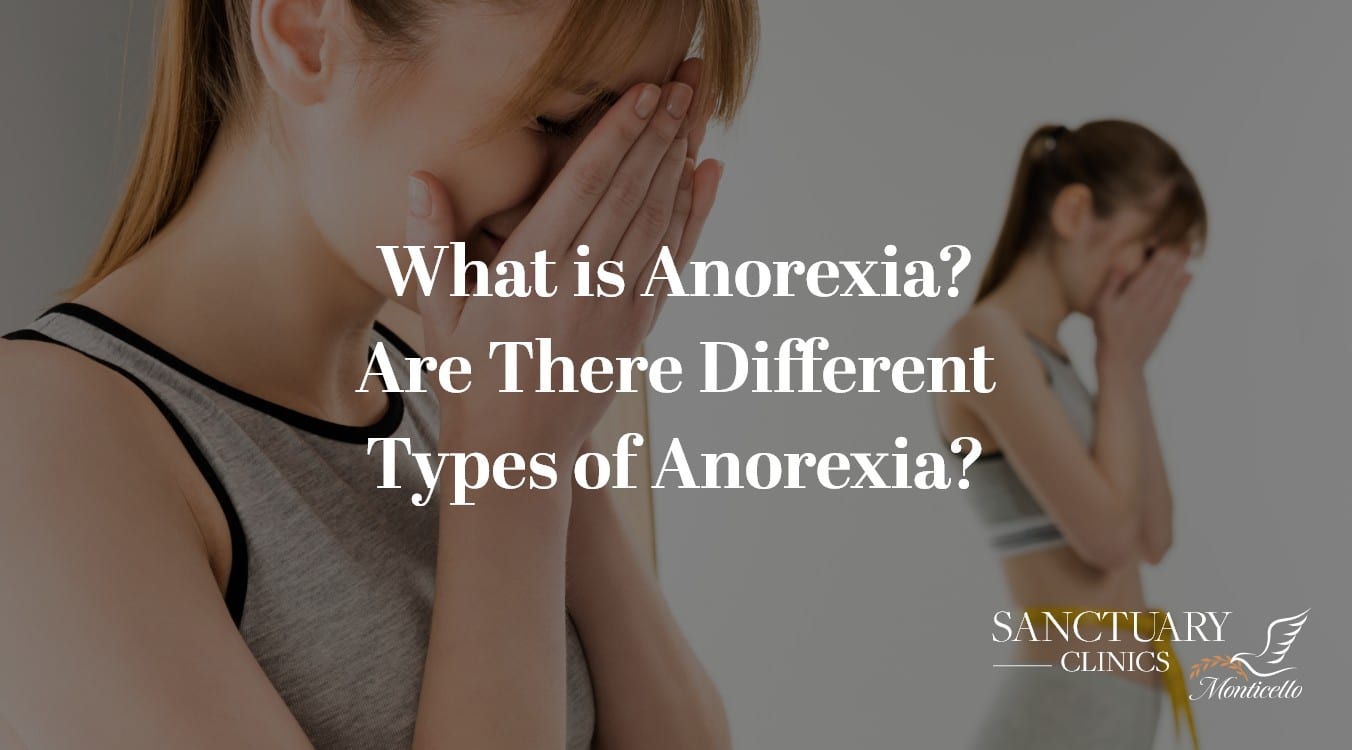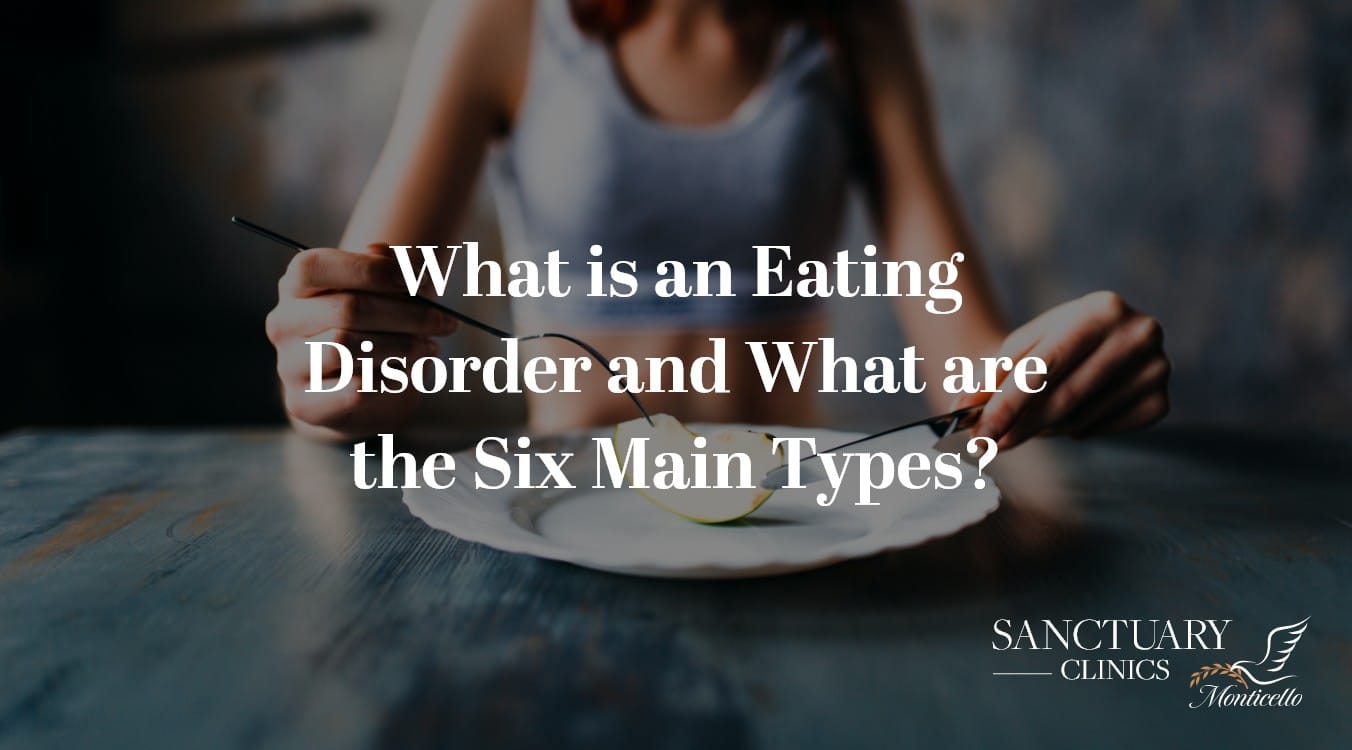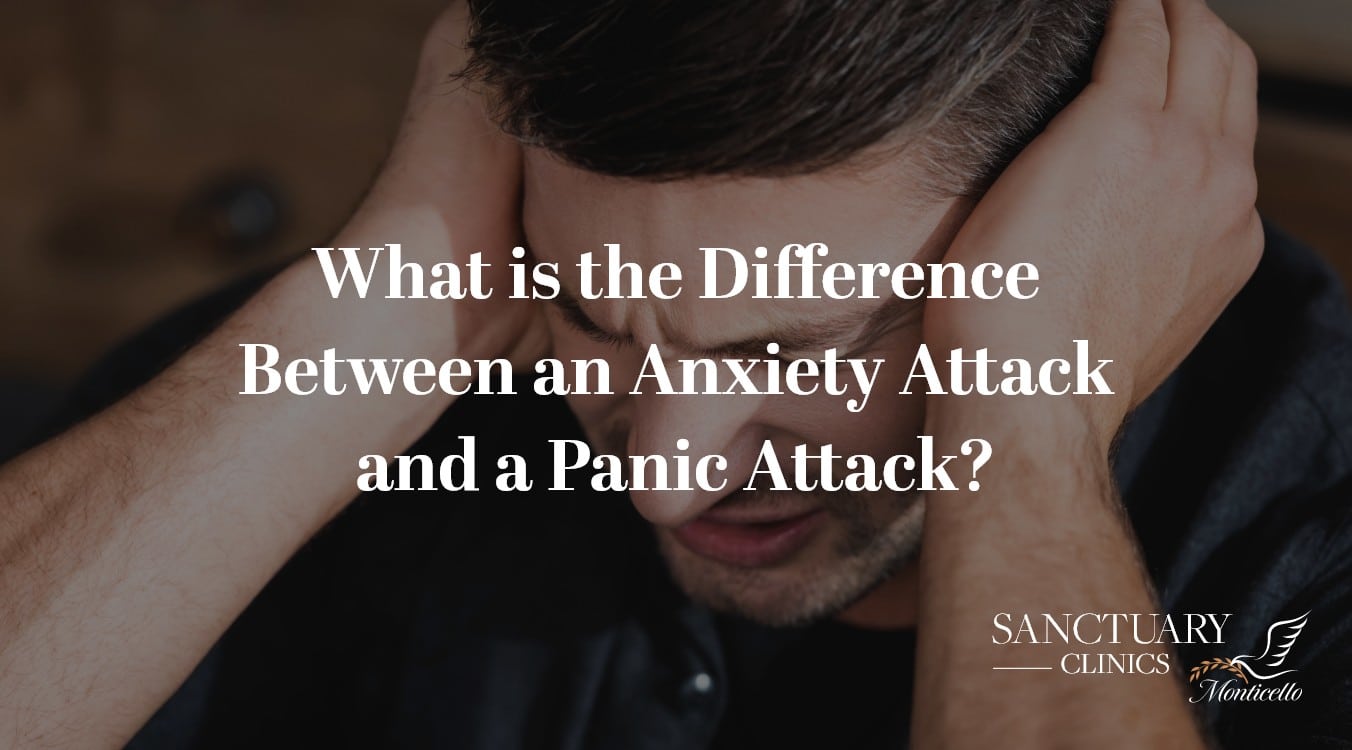Anorexia nervosa is an eating disorder that is a severe psychological ailment and is possibly life-threatening. It involves intense dieting and severe weight loss. Individuals with Anorexia nervosa often feel they can never be lean enough. There are two different types of Anorexia nervosa: restricting and bingeing/purging.
The difference between restricting and bingeing/purging
The restricting type of Anorexia nervosa involves limiting portions of food and limiting certain types of food. This could include calorie counting, meal skipping, fasting, restriction of certain foods (like carbs), and extreme exercising.
The bingeing/purging type of Anorexia nervosa involves periods of large food intake followed by purging, laxatives, diuretics, enemas, or excessive exercise. Regulating certain types of food you eat can also be included in the bingeing/purging type of Anorexia nervosa.
Get Help Today.
We are here to help you through every aspect of recovery.
Let us call you to learn more about our treatment options.
We are here to help you through every aspect of recovery. Let us call you to learn more about our treatment options.
What are the signs of Anorexia nervosa?
Both physical and psychological signs may be present in an individual suffering with Anorexia nervosa. The most obvious physical sign is being severely underweight or a dramatic fluctuation in weight. But it is important to understand an individual can have Anorexia nervosa without being underweight. Some of the other physical signs to look for include:
- Being chronically tired
- Fainting
- Dizziness
- Loss of sleep
- Recessed eyes
- Yellow or dry skin
- Always feeling cold
- Loss of menstruation in women
- Constipation
- Food intolerances
- Fine hair on face and body
- Slow or irregular heartbeat
- Low blood pressure
- Inability to concentrate
- Delicate nails
- Thinning hair
- Being sick often
- Poor wound healing
- Bloating
- Abdomen pain
- Loss of muscle mass and power
- Purple coloring of hands and feet
- Wearing clothes that are too big
Psychological signs which may be recognizable if you’re struggling with Anorexia nervosa include:
- Distorted body image, being discontented with their body, and self-belittling
- Intense fear of gaining weight
- Depression or anxiety
- Low self-esteem and perfectionism
- Having anxiety at mealtimes
- Preoccupation with eating, food, counting calories, body shape, and weight
- Avoiding eating in front of others
- Thoughts of self-damage or suicide
- Limiting certain foods or food groups
- Substance abuse
- Disengagement from family and friends and wanting to be alone
- Making remarks about being “fat”
- Going to the bathroom immediately after a meal
- Improper use of diet pills
- Denial that a low body weight is an issue
- Obsessively getting on a scale
- Making meals for others, but not for themselves
What causes Anorexia nervosa?
Anorexia nervosa affects millions of people in the U.S. and while it is not a choice but a mental health disorder, for which no singular specific cause can been identified. Rather, anorexia stems from a number of factors which are causal or contributing in nature. These can include:
- Psychological factors – OCD, lowered self-esteem or self-worth, depression or anxiety, not dealing with stress well, perfectionism, challenging relationships
- Cultural or peer pressures – stemming from TV, magazines, or pop culture. For teens, bullying, teasing, or other forms of mockery because of looks or weight can contribute.
- Occupations and sports – jobs or activities which demand slimness, such as dancers, gymnasts, and models.
- Environmental factors – trying life events, relationship issues, and onset of puberty
- Genetic propensity – having a first-degree relative with an eating disorder raises the risk of developing an eating disorder by ten times. It tends to run in families. 50% – 80% of the risk of developing an eating disorder is genetic.
- Brain chemistry – changes in brain chemistry can alter neurotransmitters and hormones, which can alter mood, appetite, and handling impulses.
- Trauma and changes – controlling food can be an attempt to grapple with crushing feelings, distressing emotions, and abuse or assault. Or an eating disorder can be caused by big changes in your life such as divorce, starting a new job, or going to college.
- Age – eating disorders can be more prevalent in teens and young adults
- Gender – women and girls are more inclined to have an eating disorder.
How is Anorexia nervosa diagnosed?
A proper diagnosis of Anorexia nervosa begins with a medical evaluation by your doctor to be certain your weight loss isn’t being caused by a medical issue. Once other possibilities are ruled out, your doctor may refer you to a mental health provider for a proper diagnosis. Some of the tests your doctor might run to rule other issues out include:
- A pregnancy test and hormone tests
- Complete blood count
- Urinalysis
- Kidney function test
- Bone density test
- Liver function test
- Vitamin D level
- Thyroid function test
- Electrolyte blood panel
- EKG
- Albumin blood test
Your mental health provider will assess your eating practices, thoughts, and feelings. They will look for three criteria to be met from the Diagnostic and Statistical Manual of Mental Disorders (DSM-5). The three criteria are:
- Reducing calorie consumption leading to weight loss
- Acute anxiety about gaining weight
- Having a colored view of yourself regarding weight, shape, self-worth, and denying the gravity of your low weight.
Your mental health provider will also ask you questions about your personal history, family history, your diet and eating patterns, exercise routines, medications you are taking, and your self-image, body-image and emotional wellbeing.
Anorexia nervosa is treatable!
If you or someone you love is suffering with Anorexia nervosa, the very good news is that your condition is highly treatable. Early diagnosis and early intervention are key.
It is very important to recognize that you have an illness, there is nothing to be ashamed of in getting the help you need to overcome it. The goals for treatment should include:
- Treating any psychological issues such as low self-worth
- Stabilizing your weight loss
- Eliminating bingeing and/or purging behaviors
- Reclaiming proper nutritional habits
- Permanent behavioral change
Treatment options your mental health provider may utilize in your treatment include:
- Individual therapy
- Family therapy
- Eating disorder-centered therapy with family participation
- Adolescent-centered psychotherapy (adolescents)
- Eating disorder-centered focal psychodynamic therapy
- Specialist supportive clinical management
- Maudsley anorexia nervosa treatment (adults)
- Acceptance and commitment therapy
- Cognitive remediation therapy
- Cognitive behavioral therapy
- Interpersonal psychotherapy
- Dialectical behavior therapy
Nutritional counseling is another strategy utilized in treating Anorexia nervosa, restoring normal eating patterns and teaching you a more healthful approach to the food you eat and your weight. Nutritional counseling builds a healthy understanding of good nutrition and a stabilized diet.
Your provider may prescribe a medication for anxiety or depression as a part of your treatment regiment, and/or medications to help with weight gain.
The bottom line is that help is available and treatment has been successful in helping many people find health and happiness beyond their eating disorder. Freedom awaits! What are you waiting for?
Get Help Today.
We are here to help you through every aspect of recovery.
Let us call you to learn more about our treatment options.
We are here to help you through every aspect of recovery. Let us call you to learn more about our treatment options.









